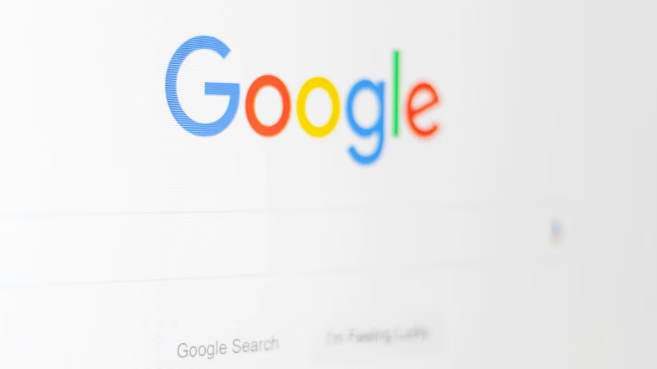Google Monopoly Trouble: What the Landmark Antitrust Ruling Means for the Future
Google is in hot water after a landmark antitrust ruling determined that the tech giant holds an illegal monopoly in the search engine market. This decision could shake up the digital advertising landscape and might even lead to new regulations or a potential breakup of Google. The ruling highlights how Google, by securing default search engine status on most devices, stifles competition and drives up advertising costs.
The ruling, which could be a turning point in antitrust enforcement, aims to foster a more competitive market. This has been a concern in the tech community for some time. Google’s practice of paying hefty sums to become the default search engine on various devices has long been known. This strategy not only locks out competitors but also generates massive advertising revenue for Google.
In essence, Google’s dominance in the search engine market has allowed it to accumulate billions in revenue, while limiting competition and raising advertising costs across the board. The scale of Google’s influence has reached such heights that it may be on the brink of significant changes. The question now is how this will unfold.
One idea that’s been floated is that Google might have to divest its Android platform altogether. This could potentially lead to another tech giant acquiring it. Such a move would be a major shift in the tech landscape and could have far-reaching consequences. If Android were to leave Google, it could alter the competitive dynamics in the tech world significantly.
So, what does this mean for the future? Will the departure of Android from Google’s portfolio make things worse or better? It’s hard to say for sure. However, the antitrust ruling signifies a major shift towards addressing monopolistic practices in the tech industry. As the situation develops, it will be crucial to watch how these changes impact competition, innovation, and the overall market.
Recommended – SEO Insights: Adapting to Google’s New AI Overviews

